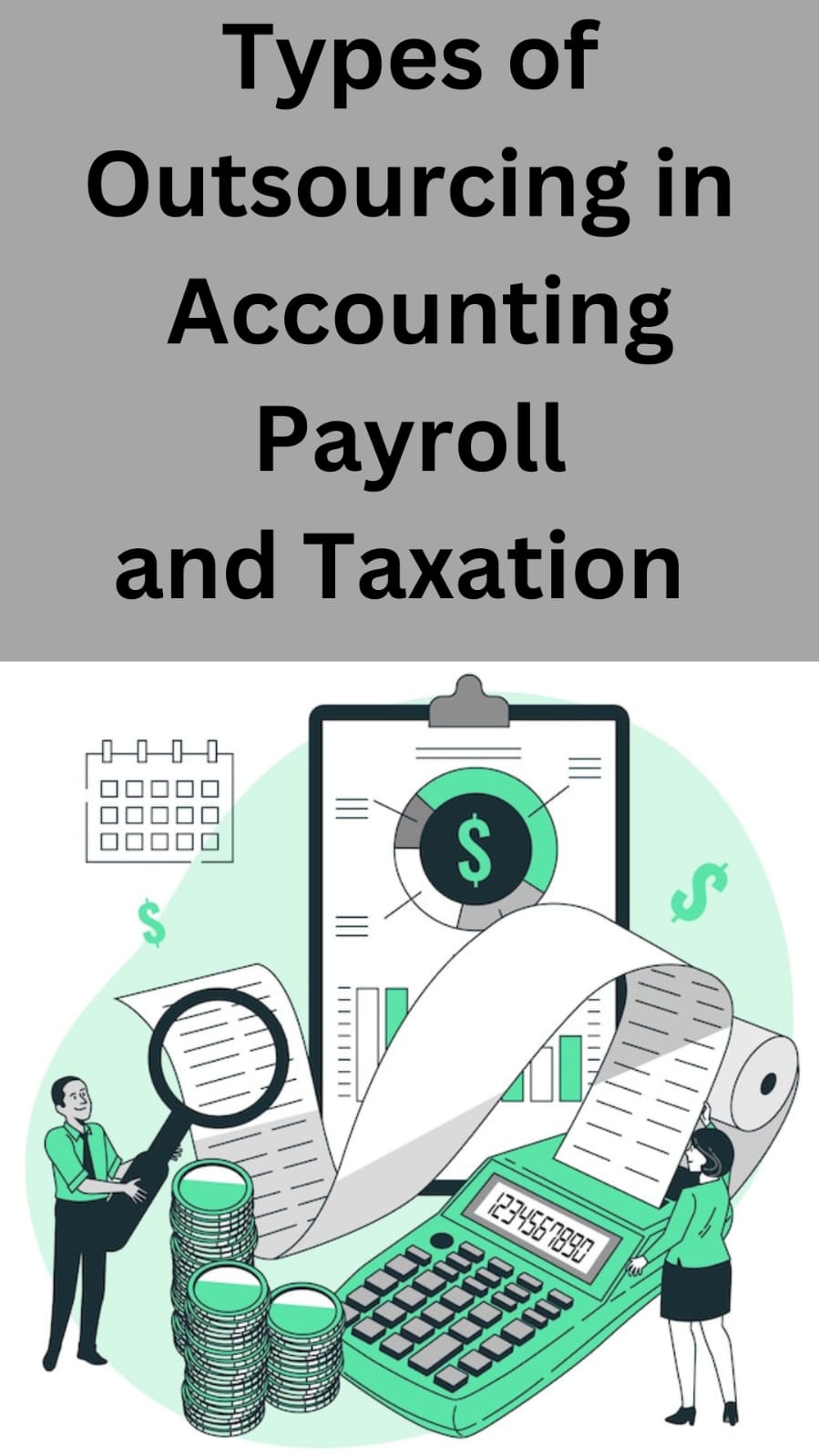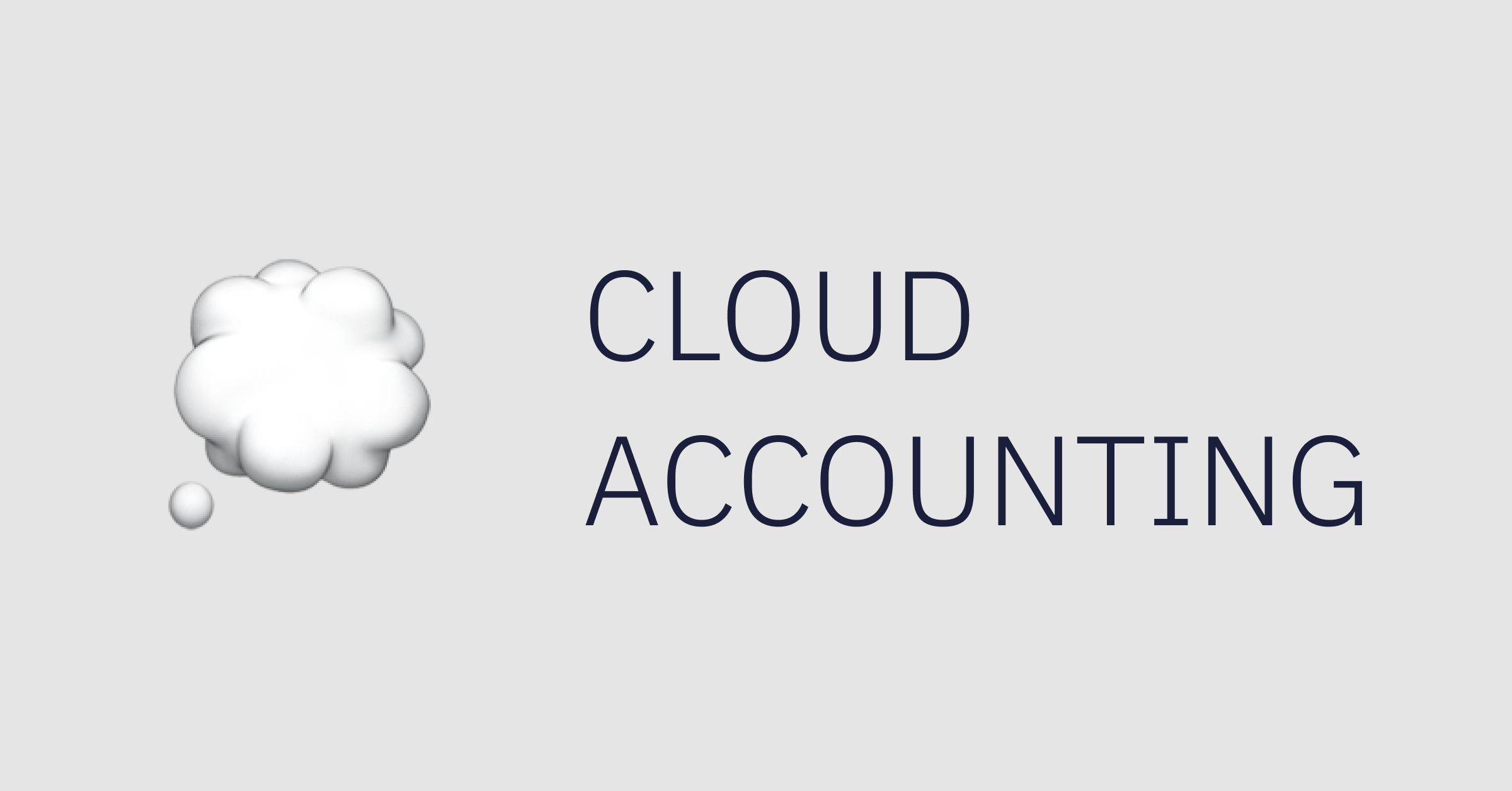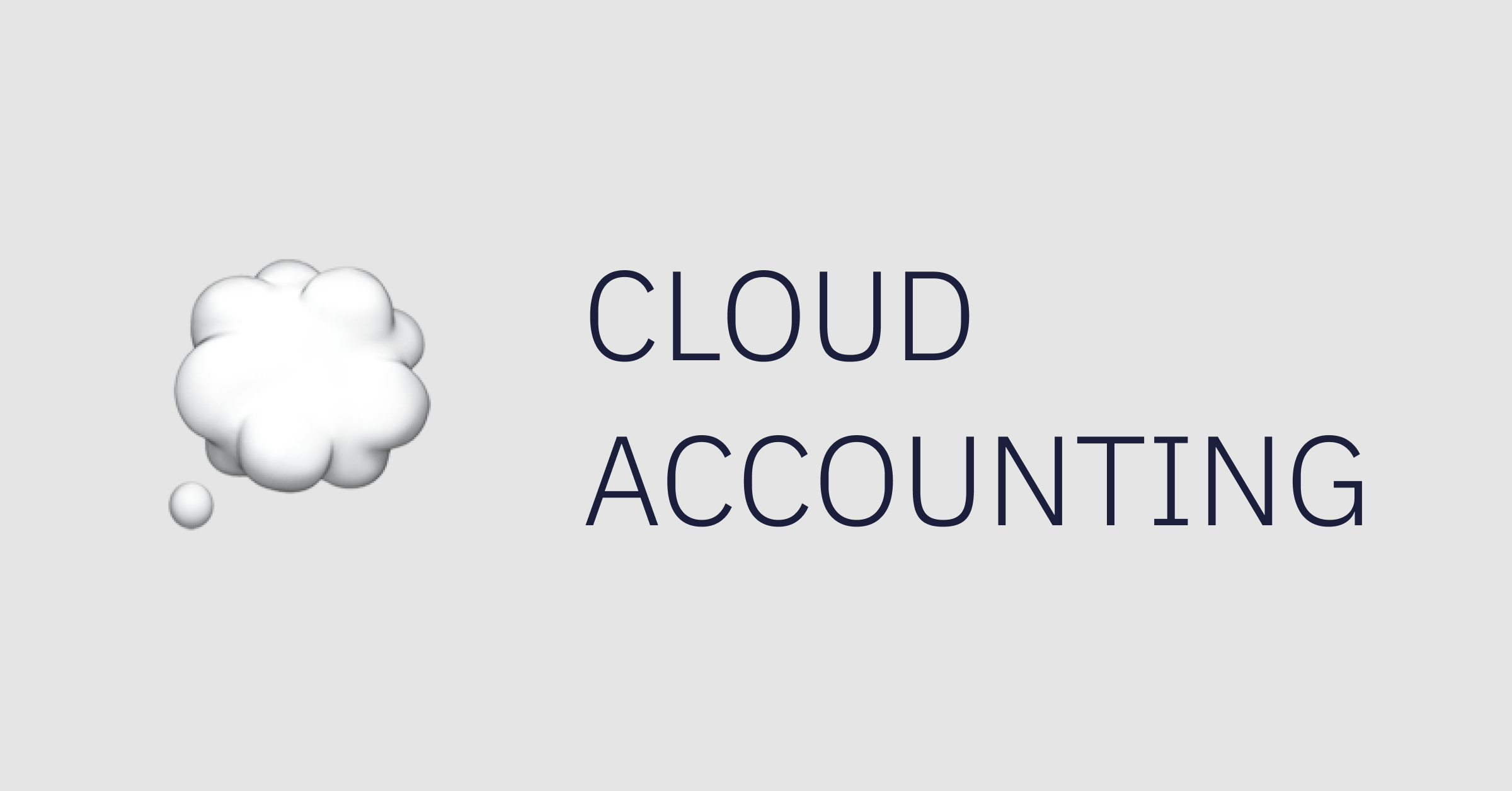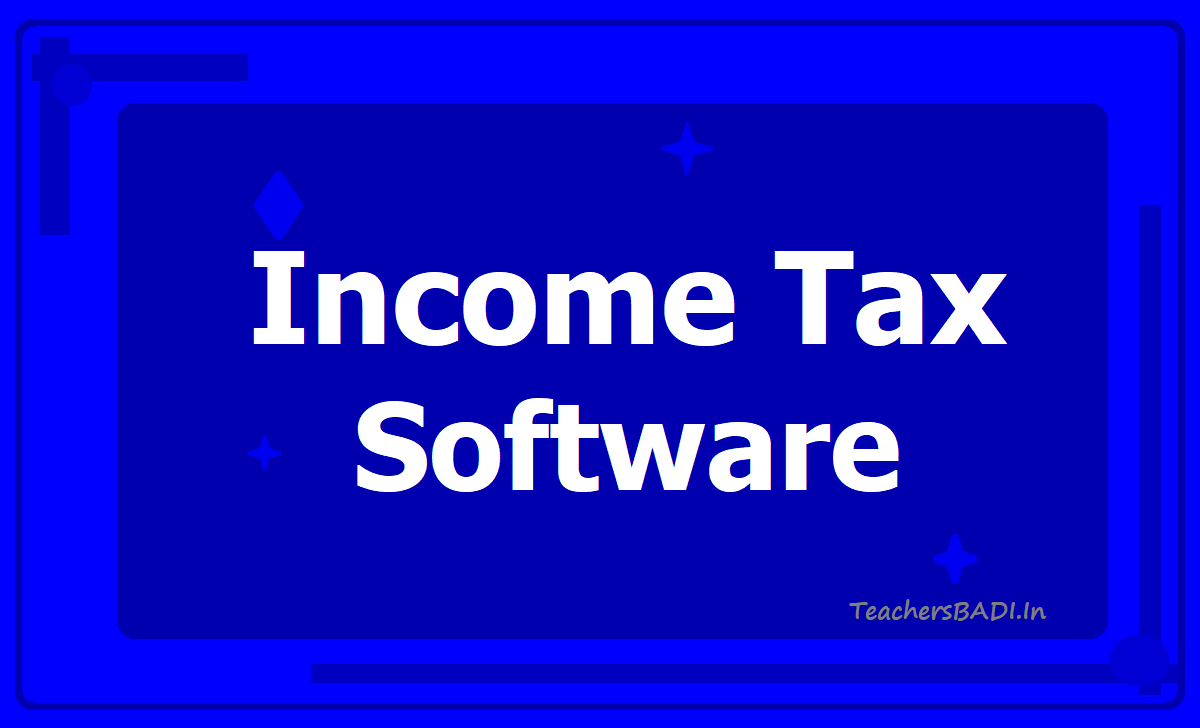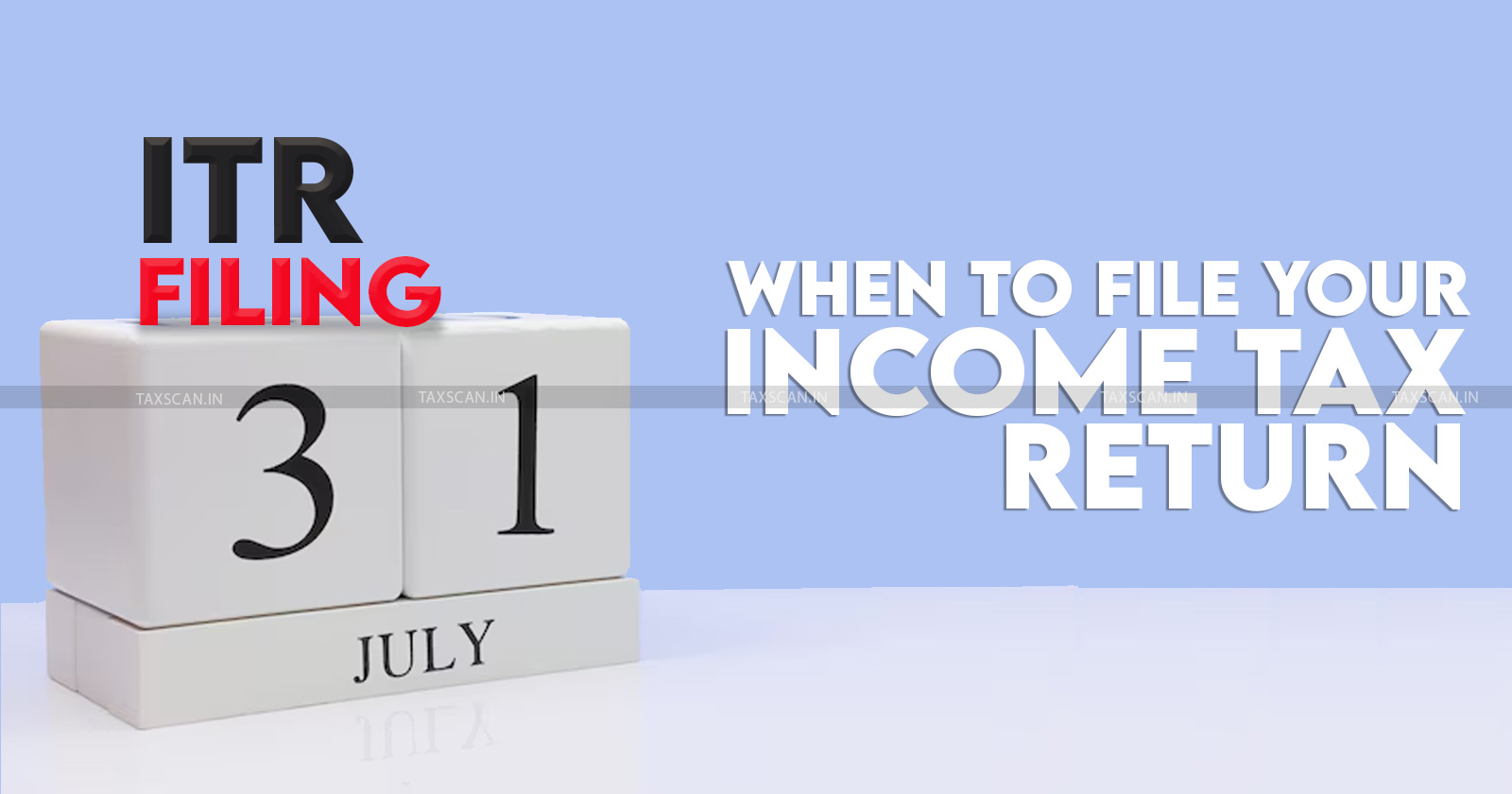Payroll accounting in the United States is a crucial function for businesses of all sizes, ensuring employees are paid accurately and timely while complying with various federal and state regulations. Here’s an overview of the key aspects of payroll accounting in the USA:
Payroll accounting in the United States is a crucial function for businesses of all sizes, ensuring employees are paid accurately and timely while complying with various federal and state regulations. Here’s an overview of the key aspects of payroll accounting in the USA:
Employee Classification
Before initiating payroll processes, employers must classify workers correctly as either employees or independent contractors. This classification impacts tax obligations and benefits eligibility.
Employees: Receive a W-2 form at year-end and have taxes withheld by the employer.
Independent Contractors: Receive a 1099 form if payments exceed $600 annually and are responsible for their own taxes.
Payroll Taxes
Employers are responsible for withholding and remitting various payroll taxes to federal and state authorities. Key taxes include:
Federal Income Tax: Withheld based on employee W-4 form and IRS guidelines.
Social Security and Medicare Taxes (FICA): Deducted from employee wages, with a matching contribution from the employer.
Federal Unemployment Tax (FUTA): Paid by the employer to fund unemployment benefits.
Calculating Gross Pay
Gross pay is the total amount an employee earns before deductions. It includes regular wages, overtime, bonuses, and commissions. Calculating gross pay accurately ensures employees receive their rightful earnings.
Deductions and Withholdings
Several deductions are taken from an employee’s gross pay, including:
Federal Income Tax: Calculated based on IRS tax brackets and allowances claimed on the W-4 form.
State Income Tax: Varies by state; some states do not impose income tax.
Social Security and Medicare: Deducted at fixed rates and subject to annual wage caps.
Payroll Processing and Reporting
Frequency: Payroll can be processed weekly, bi-weekly, semi-monthly, or monthly, depending on company policy and state regulations.
Record-Keeping: Employers must maintain payroll records, including wages, taxes withheld, and employee information, as per federal and state requirements.
Reporting: Quarterly and annual reports (such as Form 941 and Form W-2) must be filed with federal and state agencies to report wages, taxes withheld, and employer contributions.
Compliance and Regulations
Fair Labor Standards Act (FLSA): Sets minimum wage, overtime pay eligibility, and child labor standards.
State Regulations: States may have additional wage and hour laws that employers must adhere to, such as minimum wage rates and overtime rules.
IRS Regulations: Strict guidelines govern payroll tax withholding, reporting, and depositing requirements.
Payroll Software and Outsourcing
Many businesses use payroll software to automate calculations, deductions, and filings, reducing errors and ensuring compliance. Alternatively, outsourcing payroll to a third-party provider can streamline processes and mitigate payroll-related risks.





